Miniature painting of king being entertained, 1850, Persian ink drawing with colored paint on paper, McGill University Library, Montreal
Socialization is a topic that easily turns complex because it ties into every aspect of human life. Just think of all the possible environmental factors that impact what we are socially. But some points are very simple. Universal even. Like not running your mouth unless specifically called on by circumstance.1 Obviously, having nothing to contribute at all is a different problem. But reserve and composure are status markers anywhere. And excessive chatter has a special place for blowing social opportunity.
The reason is simple. Perception as “high-status” or presenting high-status indicators is something that needs the eyes of others. You do, but they judge. Meaning is in-between. My posts share general behavior patterns that correlate to improved social outcomes. Of course, making them work on an individual level means adapting to the specific personality. Forced acting creates unwanted impressions of fakeness or inauthenticity. Luckily, not babbling doesn’t require special skills.
Charles Henry Bennett, Windbag, Shadow of Bellows, 1860, colored engraving
Take a moment and consider the negative stereotypes around prattling - gossip, windbag, shrew, etc. Obnoxious, presumptuous, and low class in the general conduct sense. To the blatherer, it’s not a problem. They don’t see it. Empathy and sympathy are either absent - boors and gossips - or overridden by juvenile excitement. Which can quickly become butthurt when brushed off.
Socially intuitive people seem to have an instinct for when to speak up, how much to say, and when to listen. Part of this is natural aura. But some can be learned. I went from zero intuition to comfortable with girls mostly by watching guys who were good at it. Not just what they said - what they did. ORR works because it notices things like [socially successful people achieve the same objective with different words]. And that how they spoke was consistent with how they came off overall. So they read as real, together, and confident. Some are more naturally composed than others, but basic composure is one of those things anyone can improve. But there’s no learning without listening. And no listening with lips a-flapping.
Silence is powerful even after you’ve read the room. Take a work event or extended social gathering - informal and people you don’t know well. Impressions of status are all cold reads. Some markers are obvious, like a Hermès bag or uncommon good looks. Subtler indicators that register subconsciously are important too. Comportment and the other aura stuff.
Reserve shines here, especially if you’re attractive, charismatic, and / or carry yourself well. People want to know. To fit you in their private internal NPC Truman Shows.
MissUpacey, The Three Fates, gold foil print
Babbling suggests nervousness or a need to prove oneself. Awkward signs of not belonging. Insecurity is subconscious poison for status impressions. Reserved composure is the opposite. Impressions of comfort, even mastery. All rhetorical cues that nudge perception. Go deeper and there’s a hint of a supplicant vibe in conversational dynamics. Think “hey … hey guys? … guys? …” vs. being asked “what do you think about…”. The thing for the unintuitive to remember about societies is they’re games. Giant immersive multiplayer worlds with endlessly nuanced rules that you have to learn as you play. Every culture is arbitrary, as in made up.
But like any game, those made-up rules control your fate if you want to play.
Bob Masse, offset lithograph celebrating Pearl Jam’s 1st Show at the Off Ramp Cafe Seattle, Oct. 22, 1990, 2019.
Personal anecdote. Post-college, live music was still barely a thing. The grunge era had an echo of that “getting signed” path that used to coexist with total fabrication. Things could still blow up organically for a second before being speed-rushed into beast product. So being invited to an after-party for an up and coming band just before they made it was a sign of status in that social world. Access to an inner circle that a sizeable chunk of the socio-culture values. Certified in-grouping.
Note for spergish types. Yes, a party invite is an intrinsically arbitrary indicator. Nothing naturally useful or valuable in it at all. People also exist who dislike rock shows and after parties and are still good people. From one perspective it looks like monkeys capering for approval from strangers who couldn’t care less. All true. But all societal hierarchies are arbitrary. Stuff someone once made up. Hence the game metaphor. And one constant is arbitrary in/out markers that confer status. Access to the VIP room at the club. Permission to wear the purple hose at the royal nuptials.
Edmund Leighton, The Accolade, 1901, oil on canvas
The question isn’t is the social marker rational? None of them are - beyond basic supply-demand stuff. It’s do I want to be perceived well in this society? If yes, understand the rules and the logical consistency that follows. For example, if I value the invitation for what it says about my perceived status, I’m accepting the social hierarchy that awarded that status. The status comes from the social value system. In other words, putting aside the purity of solitude and buying in. Because the social benefits that came with certain high-status NUC circles were worth it.
Few things flush out low-status posers in small-time settings like meeting actual fame or achievement. The big “positive” misstep is inappropriate talkativeness - blathering on like a dork fanboy. The big negative flipside is transparent posturing - attempting some sort of social mastery - either “impressing” or exaggeratingly acting unimpressed. Both are irritating and fool no one. Part of social success is operating within the rules of that context. And that includes your own place, for reasons of choice or circumstance. So start with some basic understanding. My being there shows I understand the social order. Including where I fit in.
Sultan Muhammad (attributed), The Court of Gayumars, c. 1524–25, from the Shah Tahmasp Shahnameh, c. 1524–35, opaque watercolor, ink, and gold on paper, Aga Khan Museum, Toronto
Every social hierarchy you can access has a place for you in it. Even a legendary court in an amazing Persian miniature. The question is recognizing it. And how to change it if unsatisfied.
Status seems nebulous because it comes from a mix of individual markers and structural ones. Individual presentation can be improved by habituating better patterns and making better choices. The second group can’t be overcome IRT because they’re artifacts of the system. External placement based on things like birth, wealth, or fame. The butler isn’t seizing the spotlight at a mansion party no matter how assertive or dominant his personality. There can be pathways to raise one’s structural position - socio-economic class - in some contexts. But they take time and effort. And one structural constant is this. When the entire social cachet of an event comes from its featured guests, a hierarchy is preset.
This is NUC reality. A social imbalance that can’t be overcome. No one in that world has a center of gravity that registers next to external fame. Or else they’d live elsewhere, as the band did. But the basic structure of {center of attention - facilitator - attendees] holds up in many contexts.
Even Persian legends…
Approach the context logically. Composure in particular is way easier when the game is understood. Starting with never being insecure. If you’re invited, there’s a reason. You belong. And so can move to why you’re there. Reverse engineer. What would a young up-and-coming band want from a small house afterparty? They have whatever options the NUC can provide, so it’s a choice. Girls and partying are constants anywhere - if anything, this is the least debauch-friendly alternative. They obviously want a relatively chill vibe with fans around their age. The hosts were social operators with aspirations. Delivering was critical. So anyone invited will be attractive, cool, and poised enough not to get weird around fame. Basically, quality background décor.
Belonging, but as filler not a main event. Confidence and humility come from self and situational awareness in harmony. And are what reserve and composure portray.
Amaterasuscorp1, Hominis Vitruvius, 2013
As it turned out, I spent the bulk of my night in a fairly intense conversation with one of the band members. It was an interesting experience and registered socially on others there. As in a “what were you and the guitar player talking about? You were in that corner for ages…” sort of way. He did most of the talking - I mainly answered questions and asked my own. No gushing no posturing. Composed reserve. Status markers of someone worth talking to when you have choices.
This applies to a common way guys “blow it” socially with attractive women as well as VIPs. It’s catching enough interest for real conversation then devolving into babble. Here’s the thing. An apex status person is talking to you because they want to. They’ve endured infinity try-hards they can talk with anyone they want. If you’re the appealing option at the moment, keep being that. Reserved composure.
Holly Mitchell, Walking Away, 2017, watercolor
There’s power also in ending a conversation. The afterparty had such a clear built in structural hierarchy, it was obvious he’s the one who pulls the plug. And when the conversation was over, it was over. I got a story and a pebble for the local notoriety mosaic, not a pal in a band. But for guys chatting with someone they’re attracted to, don’t be afraid to break it off. Especially if she’s high-SMV. Blissful as it may seem, you’re not living in that moment forever. But you may want to think about next time. Standing out for self-possession beats lingering like a needy babbler.
Inappropriately talkative is such a status killer because it knocks out reserve and composure. Signaling either inconsiderate lack of social awareness or out-of-depth nervousness. Social ineptitude in any case. Precisely what high status circles filter out. It’s the old form/content split. Where how one communicates can carry more weight than what specifically. And non-verbally signaling I don’t belong in a socially unpleasant way tanks perceived status.
Keeping it close to the vest separates you from the performers, poseurs, strivers, try-hards, etc. Low status posturers don’t realize how transparent they are. For the same reason the aspirational middle class didn’t grasp how Special Boy College wasn’t an entry into the elite. When you don’t convey status in a socio-culture, it’s obvious to those who do. Blathering and fronting make it more so. And try-hards really don’t fathom how irritating they are. To say nothing of those low-status vortices of sadness where try-hards try hard to out try-hard each other.
Composure and reserve and are opposite. And complementary to ORRing effectively. Read and React is a process - you need to know enough about the socio-culture to draw the right conclusions from it. Not babbling provides time to learn, while eliminating cringe first impressions. Consider the archetypes. Strong silent type. A man of few words, but when he talks everyone listens. Straight shooter. In SSH terms, high Deltas can be very taciturn. Alphas dominate gatherings but don’t babble. Contrast with low Deltas blathering about task-specific minutia, Gammas smart-boying, & wall o’ texting, or Omagas unable to stop when someone showed interest.
Joseph Peller, After Hours Club, 2014
The final point then is consider the circumstances. Socialization isn’t computer code. Hence the need to pay attention and build experience. Sometimes conversation is appropriate. I thought talking with the band guy was cool. He was responsive, so I stayed engaged to its natural end. Not by babbling and trying to impress. That’s structurally impossible. By continuing to be what I appeared to be - what he had chosen to talk to. How you come off initially is a separate thing. But if you do find yourself in a high-value conversation, don’t suddenly start acting different. Especially not in bizarre or contrived ways.
Composure and reserve are learnable behaviors. If not directly engaged at a gathering, use the lack of distraction to take stock of what’s going on. There’s no rush, and self-possession can be magnetic. Comfort, confidence, belonging are all signs of status. And the thing with the most immediate impact is something anyone can do. Just not babble. In the bigger picture, when you take care of your appearance, composure and reserve becomes socially strategic. You shift the subconscious power as interest grows and you decide who to engage. Like a personal velvet rope that others choose to give.
Circumstances like being a speaker - at a wedding, a conference, or other gathering. And even then, there are informal guidelines as to what’s appropriate for the occasion.





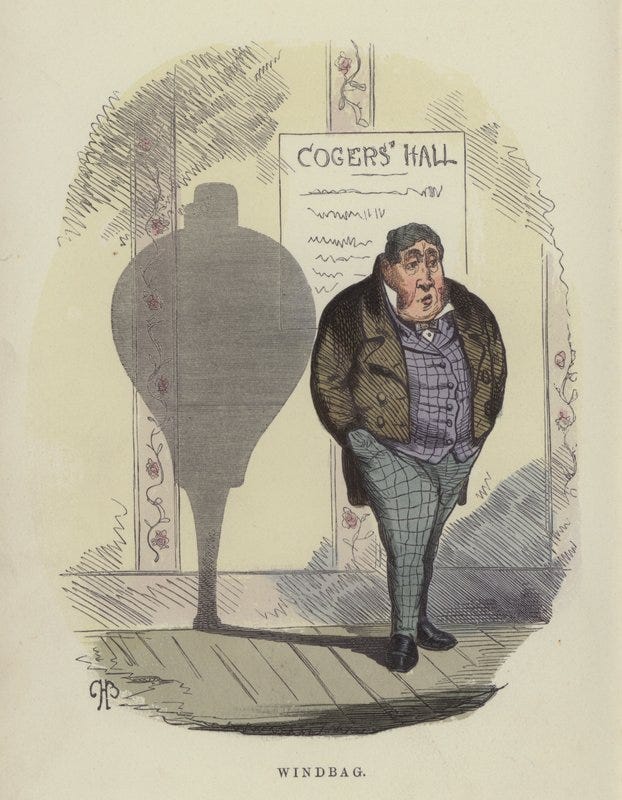

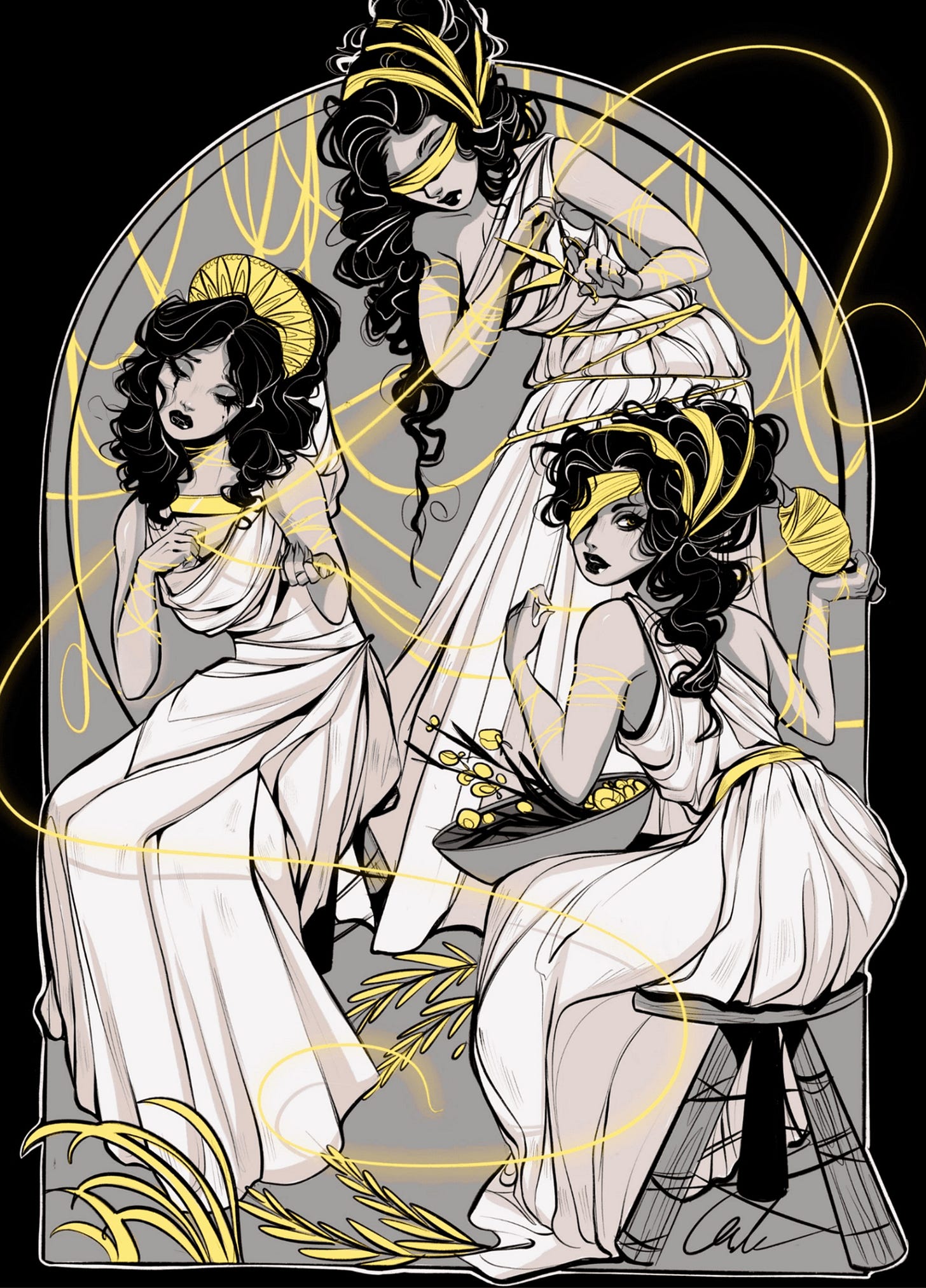
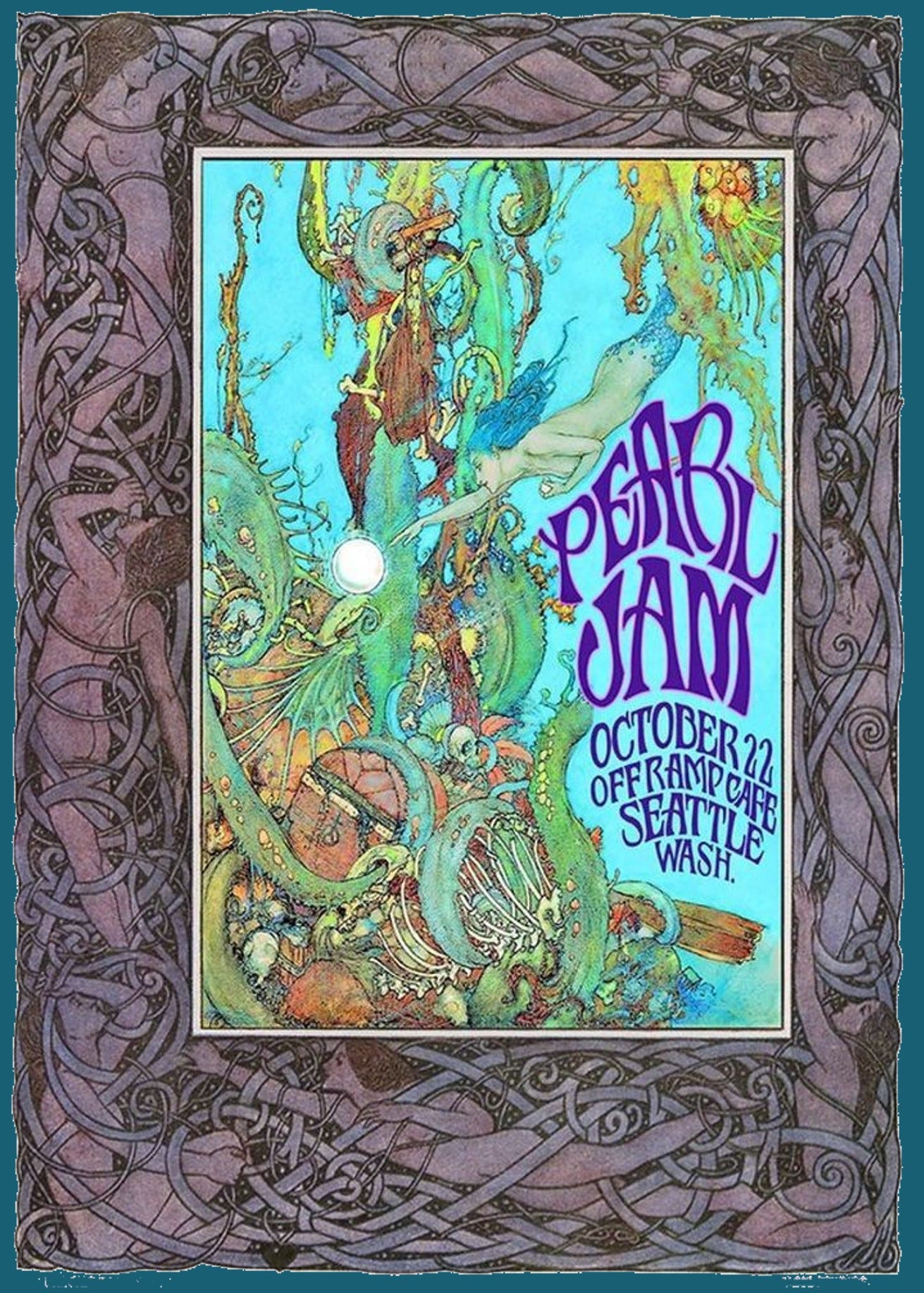



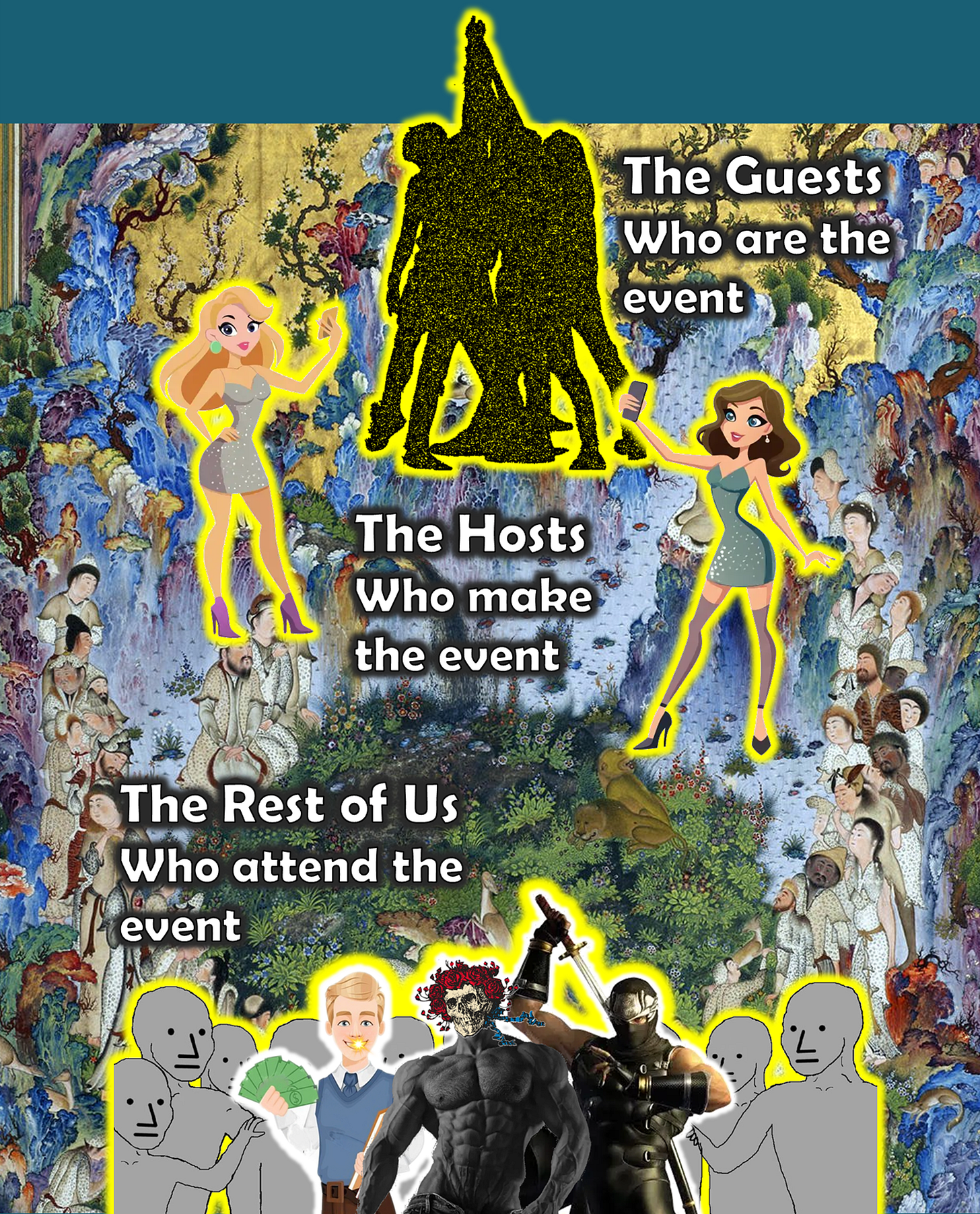

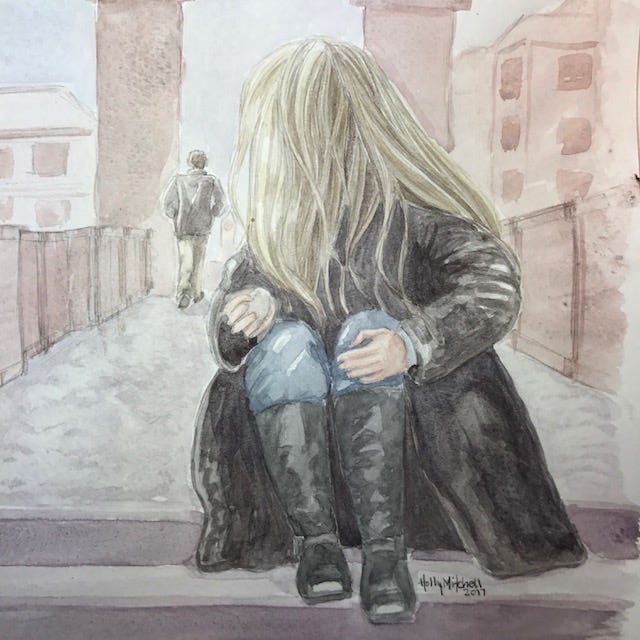

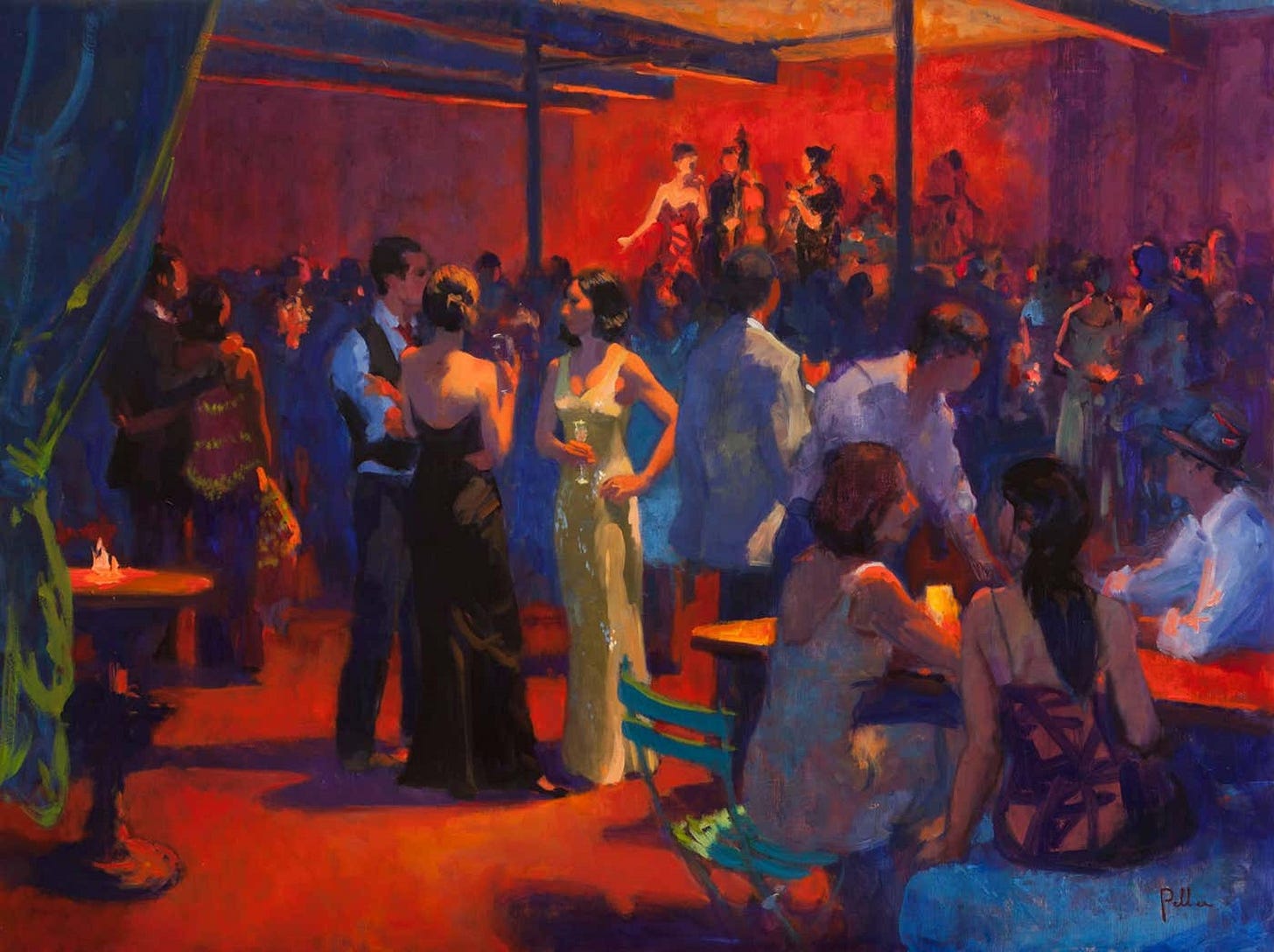

Solid post. I was just reading this the other day, which is a specific instance of using "why are you there" productively, and acknowledging the larger framework you set out here.
https://archwinger.substack.com/p/talking-is-for-women-conversations
You have 2 streams of broad thought going on the blogs - one personal, one philosophical. Both are valuable, and both are connected. I'm over here thinking whether one is a good gateway to the other, and IF so how to make that clear at a +1 SD level. Something for the mental hopper as you contemplate turning all of this into more lasting works.
Thanks for all you do.
Great post. Really perceptive and expressed clearly and vividly. Thank you.